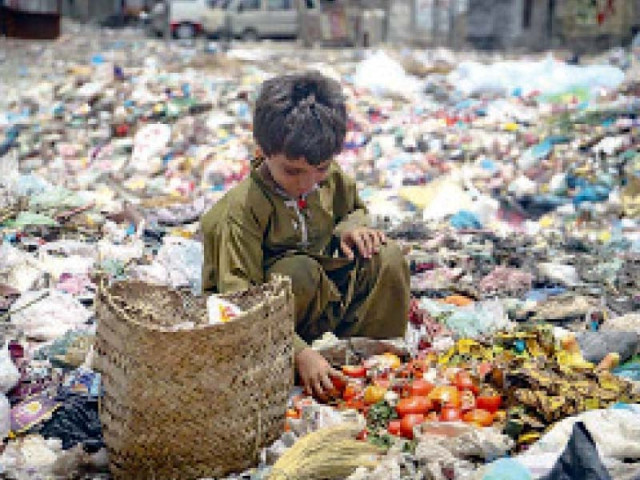Co-digestion of textile sludge, livestock waste urged
Experts say move is cost-effective way to produce renewable energy, fertiliser

At a seminar held at the US-Pakistan Centre for Advanced Studies in Water (USPCAS-W) at Mehran University of Engineering and Technology (MUET) in Jamshoro, experts emphasised the importance of co-digesting textile industry sludge and livestock waste to produce renewable energy and organic fertiliser. This approach offers a viable and cost-effective solution to the textile industry.
The seminar focused on the progress and outcomes of three projects funded by the Higher Education Commission (HEC) aimed at benefiting industries and the general public. Two of these two-year projects have already been completed and include anaerobic digestion technology and Combined Adsorption Distillation (CAD). Another three-year project, titled “Conserving Indus River Water,” is set to be completed in two years and will establish a framework for further initiatives.
During the seminar, Vice Chancellor and Technology Expert Prof Dr Rasool Bux Mahar of Benazir Bhutto Shaheed University of Technology and Skill Development, Khairpur, delivered a presentation on anaerobic digestion technology. He explained that the project aims to upscale anaerobic digestion technology for co-digesting textile industry sludge and livestock waste. The goal is to generate renewable energy and organic fertiliser, providing an environmentally friendly and cost-effective solution for the industry. The project also seeks to gain a systematic understanding of the basic biochemical mechanisms and transformation processes involved in converting and stabilising environmentally concerning textile chemicals and metals present in the sludge.
Also read ‘Pakistan to focus on indigenous, renewable energy sources’
As part of this initiative, academic research and development (R&D) will be applied in the development and validation of an Anaerobic Digester at Al-Rahim Textile Industries Private Limited. This digester will co-digest semi-solid textile wastewater sludge with optimised livestock waste to produce biogas and organic matter on an industrial scale. The validated technique and co-digestion process will enable cost-effective and eco-friendly management of sludge while recovering resources in the form of biogas, bio-fertilisers, and bio-fuels. The anaerobic digestion system developed as part of this project has been filed for a patent, and its design and development services will be provided through a collaboration between USPCAS-W, MUET, and partner industries.
Dr Tanveer Ahmed of USPCAS-W, MUET, provided insights into the progress and completion of the Combined Adsorption Distillation (CAD) project. The project’s objective is to design, develop, validate, and transfer the CAD technique for treating reverse osmosis (RO) membrane reject water or saltwater and producing freshwater on a large scale. The project, funded by HEC and supported by Al-Rahim Textile Industries, resulted in the creation of a novel CAD system designed and developed locally. This system can be powered using waste heat from industrial power generators and steam boilers and is capable of treating salty groundwater or RO membrane reject water effectively. The developed technique holds the potential to benefit various industries, including textiles, chemicals, food, and sugar, by offering a sustainable water purification solution for treating highly contaminated RO membrane reject water. Design and development services for industries will be jointly provided by USPCAS-W and partner industries.
Additionally, Director of USPCAS-W, MUET, Professor Dr Kamran Ansari, provided an overview of the “Conserving Indus River Water” project. He explained that this project takes an integrated approach based on water pollution source tracking, modern techniques for assessing water quality using chemical and biological markers, nature-based treatment solutions, and the promotion of a water circular economy to preserve and sustain the water quality of the Indus River. The project will assess the temporal and spatial water quality of the Indus River using modern techniques for emerging contaminants. Further objectives include preparing preliminary design schemes for economic wastewater treatment systems and developing a strategic action plan for applying a water circular economy in urban and rural communities.
Published in The Express Tribune, November 4th, 2023.
Like Business on Facebook, follow @TribuneBiz on Twitter to stay informed and join in the conversation.



















COMMENTS
Comments are moderated and generally will be posted if they are on-topic and not abusive.
For more information, please see our Comments FAQ